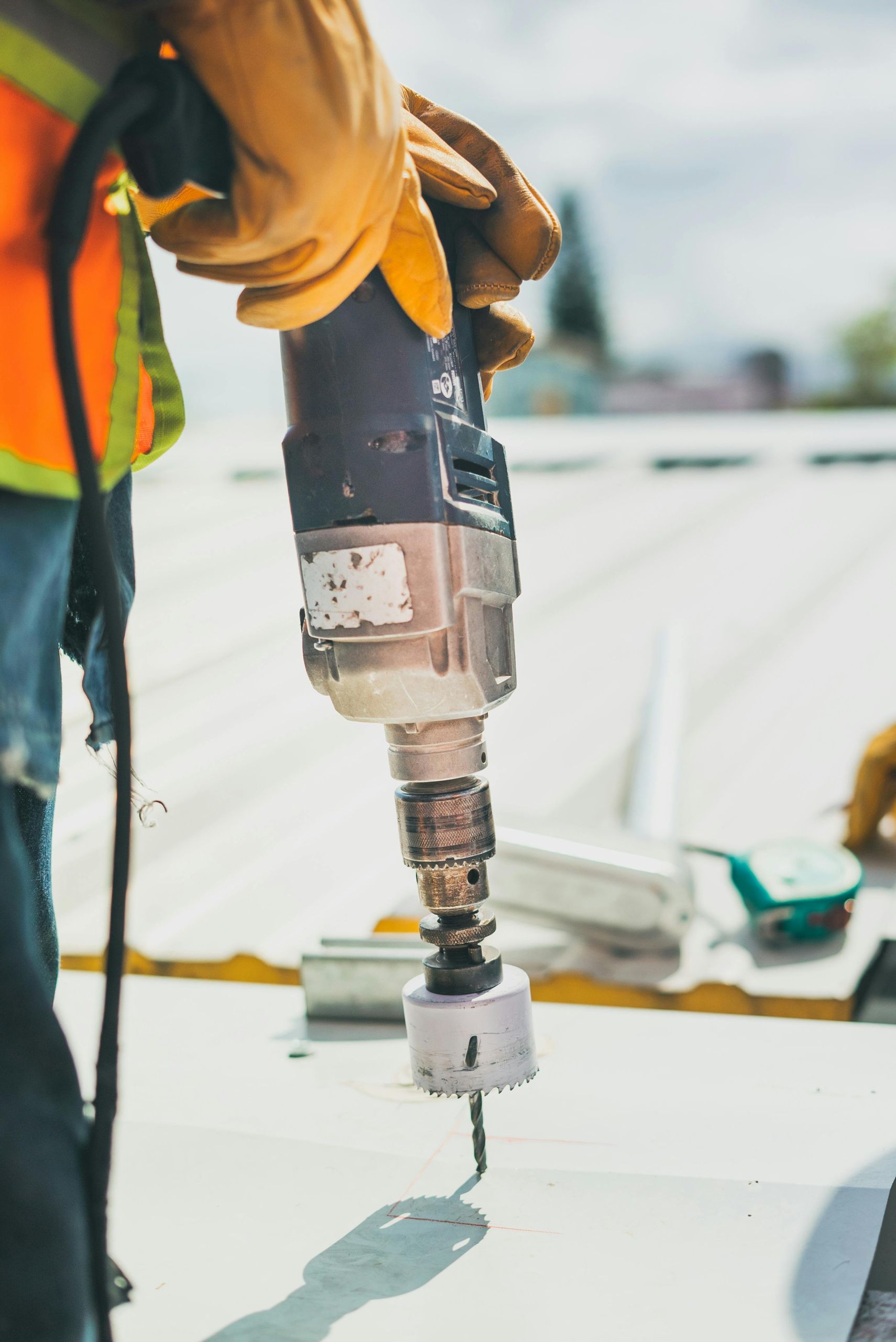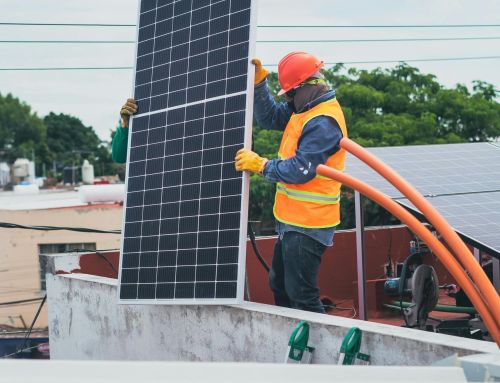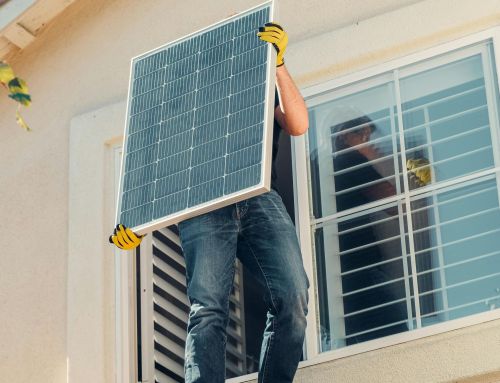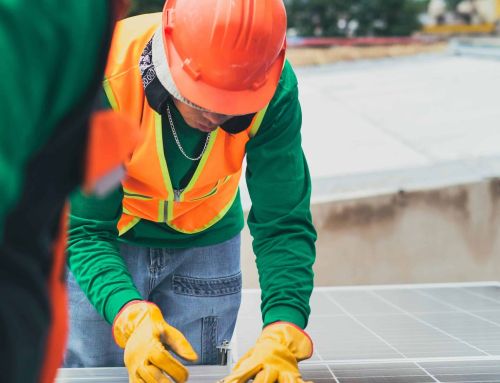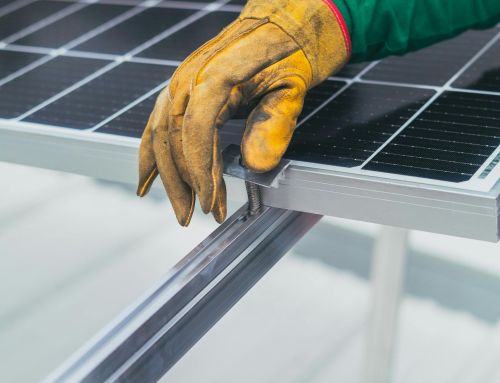We flip a switch, and the lights come on. We press a button, and machines come to life. We take for granted the invisible force running through the wires, powering our modern world. But behind this seamless flow of electricity lies a critical factor often overlooked until disaster strikes: maintenance.
Just like a finely tuned engine, electrical equipment needs regular care to prevent costly breakdowns, safety hazards, and those dreaded business disruptions. Ignoring maintenance is like playing Russian roulette with your power supply – eventually, your luck will run out.
Why is Electrical Equipment Maintenance Important?
There are three compelling reasons to get on board with guidelines on maintenance of electrical equipment:
- Safety First: Faulty wiring or poorly maintained equipment can be a fire hazard. Regularly checking your equipment and addressing any potential issues can prevent electrical fires and keep your loved ones safe.
- Preventing Power Outages: Regular maintenance can help identify and fix minor electrical problems before they escalate into major issues that cause power outages.
- Extending Lifespan: Just like you take care of your car to keep it running for years, taking care of your electrical equipment helps them last longer and saves you money on replacements in the long run.
Types of Electrical Maintenance
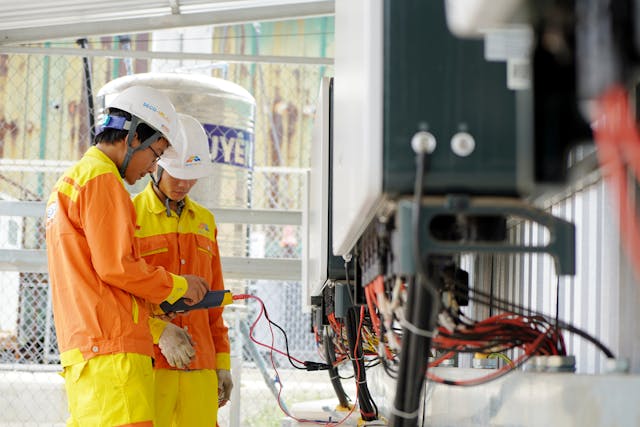
Preventive Maintenance
Preventive maintenance is like giving your electrical system a regular checkup, ensuring it’s in tip-top shape before any problems arise. It involves inspecting your electrical equipment regularly, cleaning and maintaining components, and addressing minor issues before they escalate.
Here are some key aspects of preventive maintenance:
- Visual Inspections: Regularly inspect your electrical equipment for any signs of damage, such as frayed wires, loose connections, or discolouration. Look for burn marks, smoke stains, or other signs of overheating.
- Cleaning and Maintenance: Keep your electrical equipment clean and free of dust, dirt, and debris. This helps prevent overheating and ensures optimal performance. Follow the manufacturer’s instructions for cleaning and maintenance.
- Tighten Loose Connections: Check for loose connections at outlets, switches, and fixtures, and tighten them as needed. Loose connections can cause electrical problems and even pose a fire hazard.
- Check for Overloading: Avoid overloading circuits by plugging too many appliances into a single outlet. This can cause the circuit to trip or even lead to electrical fires.
- Update Wiring and Fixtures: If your home is older, consider upgrading your wiring and fixtures to improve safety and efficiency.
Corrective Maintenance
Corrective maintenance involves identifying and addressing existing problems with your electrical system. This may include:
- Repairing Damaged Wiring: If you notice frayed wires or other signs of damage, it’s important to have them repaired by a qualified electrician. Damaged wiring can pose a serious safety hazard.
- Replacing Faulty Components: If any electrical components, such as switches, outlets, or circuit breakers, are not functioning properly, they should be replaced.
- Addressing Electrical Panel Issues: If your electrical panel is overloaded or showing signs of wear and tear, it may need to be upgraded or replaced.
- Troubleshooting Power Outages: If you experience frequent power outages, a qualified electrician can investigate the cause and make necessary repairs.
Remember, it’s always best to consult with a professional electrician for any major electrical repairs or troubleshooting.
By combining preventive and corrective maintenance, you can ensure that your electrical system is safe, reliable, and operating at its peak efficiency.
Keeping it Local: Auckland Edition
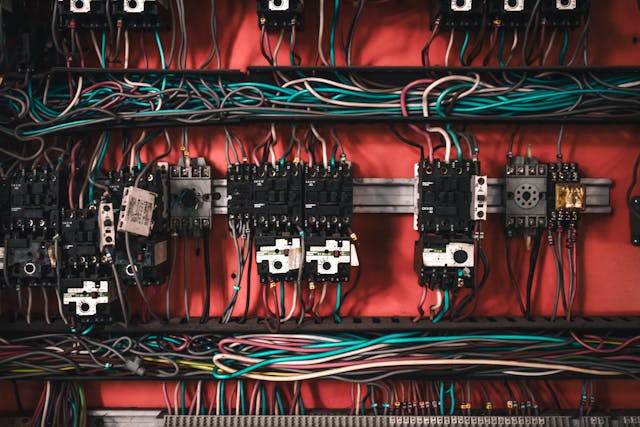
Living in a city like Auckland with its vibrant mix of old and new buildings, the importance of electrical maintenance is even more crucial. Older buildings might have outdated wiring that requires extra attention. Remember, when it comes to electrical work, it’s always best to play it safe and consult a qualified electrician.
When to Call in the Professionals
While the work list above provides a good starting point, for any complex electrical issues or major repairs, it’s always best to leave it to the professionals. Qualified electricians have the training and expertise to safely diagnose and address electrical problems.
Finding a Suitable Electrician
Here are some tips for finding a qualified electrician:
- Get Recommendations: Ask friends, family, or neighbours for recommendations on reputable electricians.
- Check Online Reviews: Look online for reviews and ratings of electricians in your area.
- Experience Matters: Choose an electrician with experience in both residential and commercial work (depending on your needs).
- Safety First: Make sure the electrician is licensed and insured.
Looking for a reliable and qualified electrician in Auckland or the wider New Zealand region? Consider Prolectrix.co.nz – our team of friendly and experienced electricians can help you with all your electrical maintenance needs.
Beyond the Basics: Advanced Maintenance Tips
For the extra-cautious or those with more complex electrical systems, here are some additional tips:
Schedule Regular Electrical Inspections
Having a qualified electrician conduct a professional inspection of your home’s electrical system every few years can identify any potential problems before they become major issues.
Surge Protection
Consider installing surge protectors for sensitive electronic equipment like computers and TVs. These can help safeguard your electronics from damage caused by power surges.
The Final Takeaway
Guidelines on maintenance of electrical equipment might not be the most exciting topic, but it’s a crucial one that can save you headaches (and potentially, your home!) in the long run. By following these simple tips and regularly checking your electrical equipment, you can ensure a safe, efficient, and worry-free home environment.
So, roll up your sleeves, grab your trusty flashlight, and give your electrical equipment some well-deserved attention. Remember, a little preventative maintenance can go a long way in keeping your home safe and your peace of mind intact.

